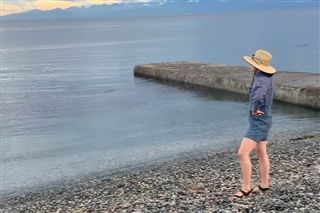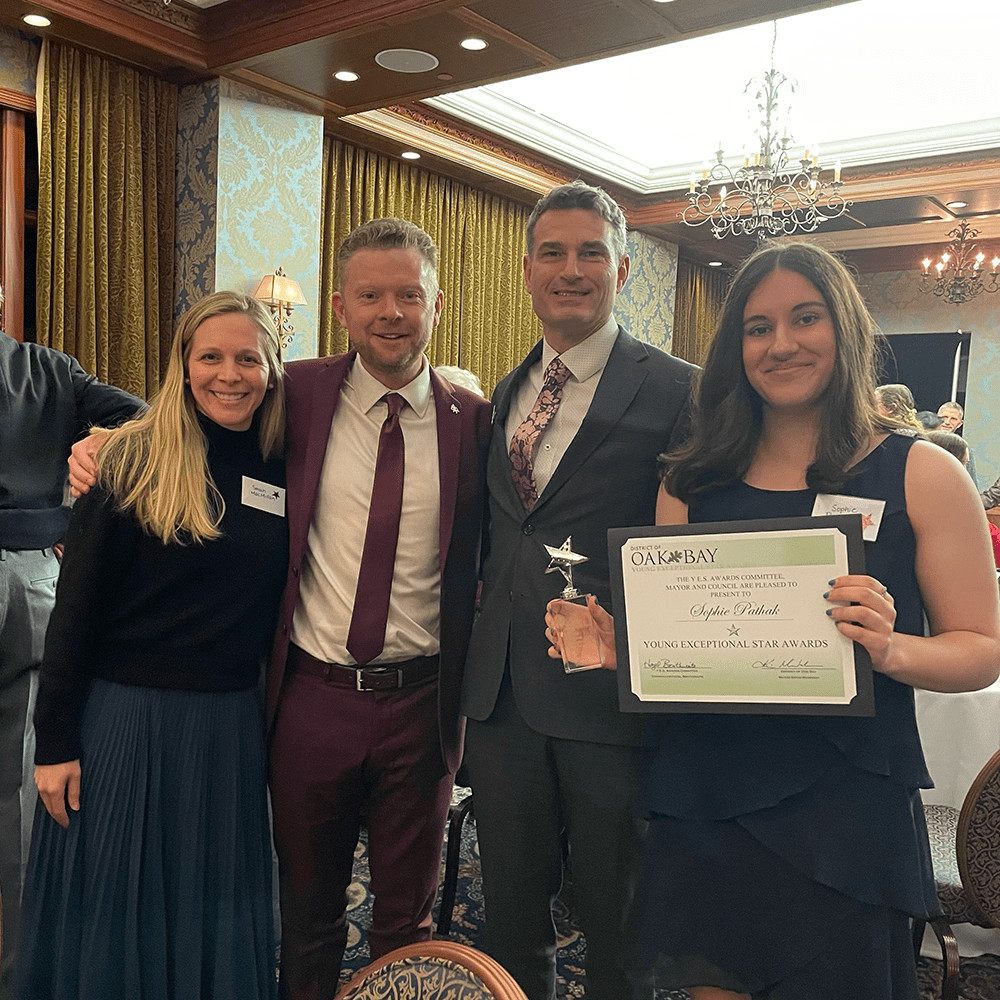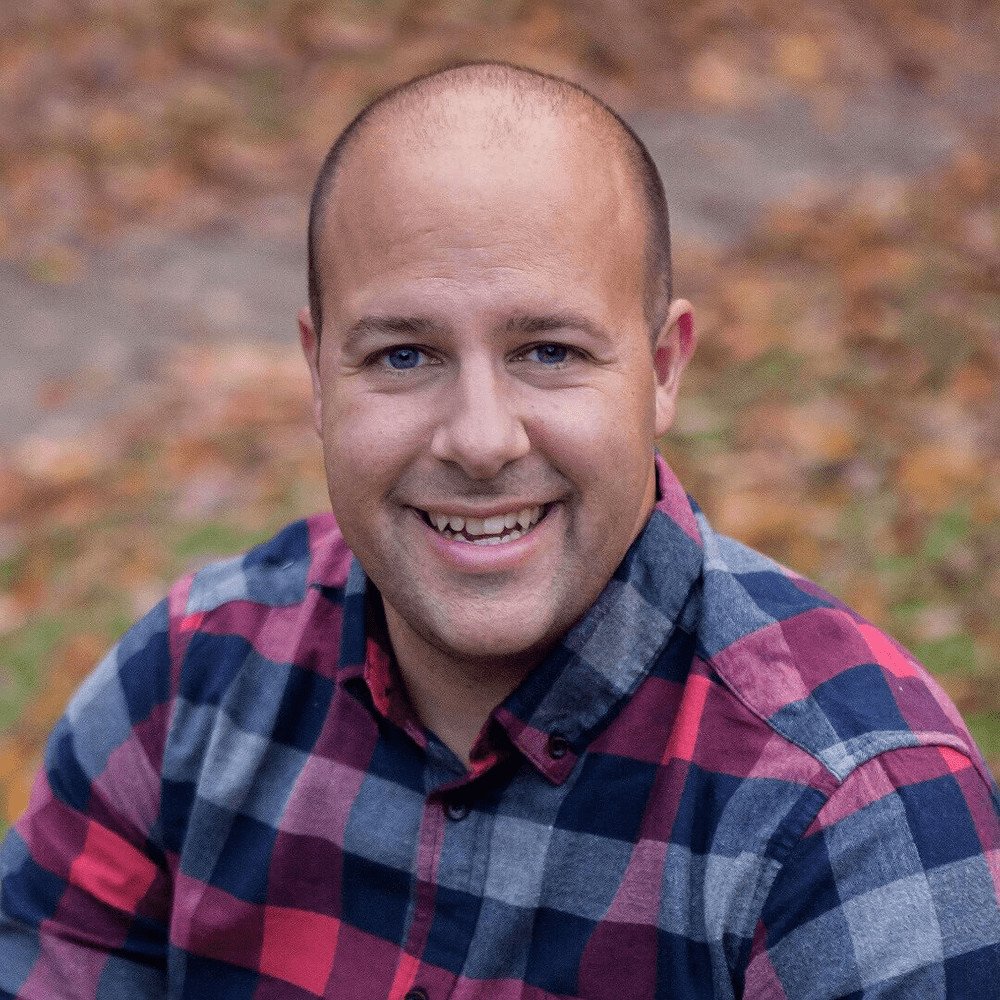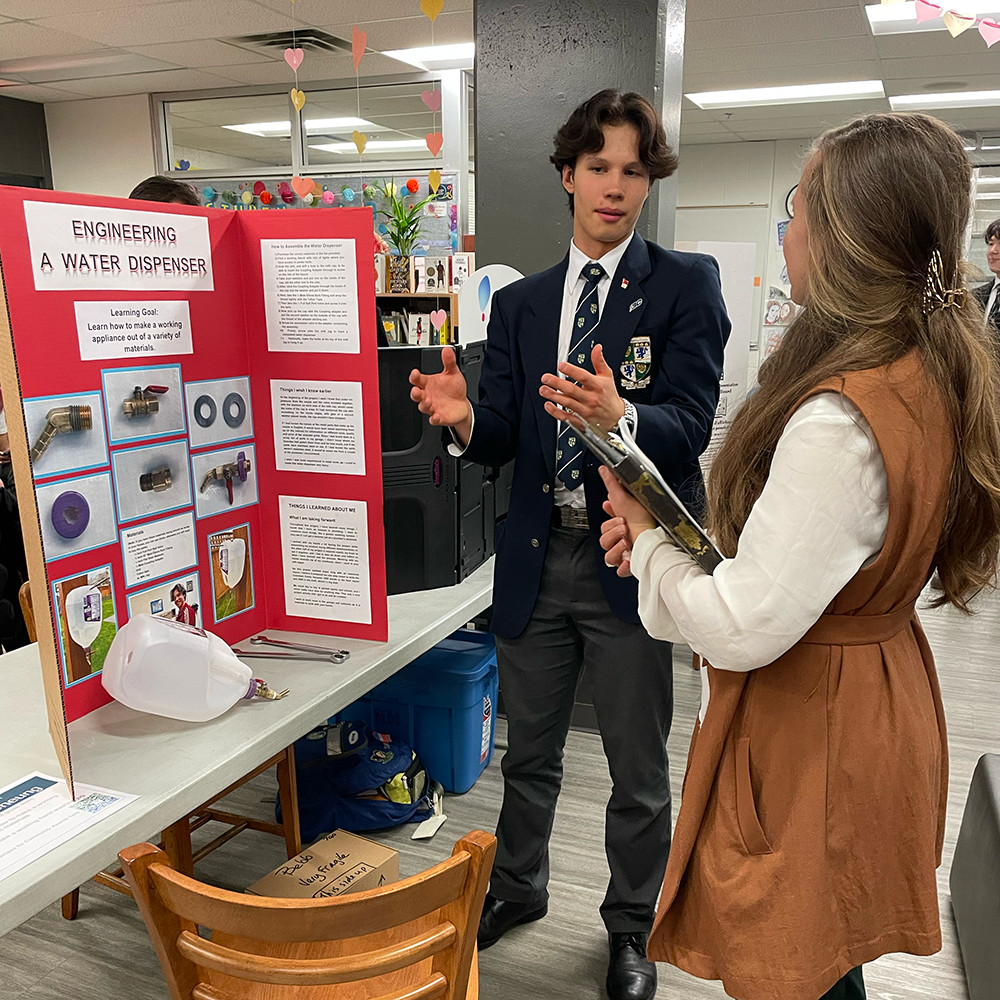Due to COVID-19, the IB final exams many Grade 12 students have been preparing for over the last two years were cancelled. To help them end their year on a positive note, subject teachers created final assignments that would allow our students to show off their knowledge in creative ways. IB Chemistry 12 students were given options for their final project where they could use their skills to learn more about an application of chemistry that they found interesting.
Sally Jones ’20 was one of the students who chose to delve deeper into spectroscopy, which is the study of how to use electromagnetic radiation to learn about the structure of a molecule. Ms. Dallin taught the unit online through videos and the students had class discussions over Google Meet to solve example problems.
Sally found the transition of online learning easy and explained, “I chose to do the spectroscopy unit because I know I will be seeing the concepts from it in university and I wanted to get a head start on learning them. Everyone who did the spectroscopy unit finished off the unit with a spectroscopy problem to solve on our own. I thought that that was a great way to apply the knowledge we had learned to a ‘real-life’ scenario.”
Students also had the option to learn about an area of interest to them. That could include food chemistry, forensic chemistry, environmental chemistry, chemical engineering, or chemistry in movies. While most students choose to complete an essay for their final assignment, some made videos.
Amy Zhou ’20 chose to do her project on food chemistry and looked at three different areas: freezing water, rendering fats and emulsification.
“I learned why certain ice cubes are cloudy and why some can be clear,” explained Amy. “This is due to the small chemical substances called impurities which are present in water. I also looked at the different types of fats (butter lard versus vegetable oil). For emulsification, I was able to relate my research to salad dressings and how water and oil can be forced to become a mixture.”
Amy presented her topic by making a poster to demonstrate what she learned. She wanted to focus on food chemistry because it related to what she is going through now.
“I chose this topic because I’ve been learning how to cook during my home quarantine,” she said. “I’ve barely cooked before this period and I think this is a very useful time to improve on this life skill, hence I was curious about how chemistry and food could be interconnected.”
Polina Vitrouk ’20 chose to make a video for her chemistry project. The video focused on xenobiotics and the effects on the ocean ecosystems, with a specific focus on mercy poisoning in Minamata, Japan.
It might not have been the finish to the year that students and teachers had planned, but they were able to adapt easily.
“While the ending of IB Chemistry 12 was not what we expected, the students made the most of the time by learning about an application of chemistry that was interesting to them. I think it was a success,” said Erin Dallin, Co-Head of Sciences and Design, Chemistry.





